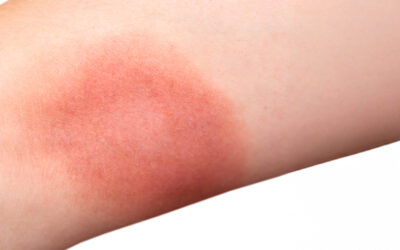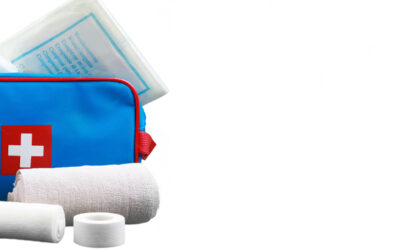Tips for maintaining mental health during COVID-19
Mental health is equally as important as physical health and during this new confined age of a global pandemic this is more apparent than ever before. Our human need to communicate and interact with each other has been impacted by isolation. When that is rapidly taken away from us, naturally we can struggle to adapt or change the way we communicate, if we decide to communicate at all.
Isolation can come in various forms. While isolation is already familiar to some individuals living with a disability, for some of us, the social changes and lack of physical connections can pose as a challenge for mental health. People are isolated and disconnected from social activities, their communities and their day to day routines.
We should acknowledge that everyone will cope differently with these challenges and that it is ok to have your own strategies.
Below are several things that you can do to minimise the impact that isolation can have on mental health.
Tips for supporting mental health in isolation:
- Set up a daily routine keep to regular sleep and meals, and plan activities to stay occupied.
- Keep yourself busy with activities that you enjoy such as reading, watching movies or art. There are a whole heap of virtual experiences and resources online to explore.
- If you are inclined do activities that give you a sense of achievement, try taking up gardening, completing work tasks or learning a new skill.
- Remember, while some of us are taking this time as an opportunity to learn a new skill or get a new project or two going, it is completely fine to take this time out to relax and recuperate.
- Stay active! You can create an exercise routine that can be completed at home or head outside to take a walk around the block. Exercise not only helps to maintain physical fitness, it helps release endorphins into our bodies which help reduce stress and trigger a positive feeling in our brains.
- Eat well – take a day to plan your meals for the week and eat a variety of nutritious meals.
- Stay connected – while we may be physically distant, it is important to be socially and emotionally connected with the people in your life via phone, chat, email, or video conferencing.
- We will all need a little extra support during this time, so let’s be kind, stay connected, check in with each other and encourage people to seek professional support when they need it.
- Practice mindfulness and meditation techniques to relax the body and focus the mind.
Stay informed:
- Staying informed is important, however, in a digital age it is easy to over step the mark. It is just as important to be conscious of the amount of information you are consuming, and how it is affecting you to help you from becoming overwhelmed.
- Get information from trusted sources.
- Source your information early in the day so it is not at the front of your thoughts when going to bed.
Remember:
- For some of us, this time is unpleasant, but remember that it will pass.
- What you say to yourself is important. Be conscious and listen to what you are saying to yourself, this makes it easier to acknowledge and alter negative comments or thoughts to be more positive, helpful and realistic.
If you’re feeling overwhelmed, you can…
- Contact the Independence Australia Psychology and Counselling services, including virtual and phone telehealth services.
- Reach out to a friend or family member that you trust.
Tracey Yeoman, IA Counselling Student on Placement
More health advice
View our wide range of health advice, tips and recommendations by visiting our health articles or checking out our top health articles below.
Optimising Bladder and Bowel Health Through Diet and Hydration
Optimising Bladder and Bowel Health Through Diet and HydrationBy: Jane Clarke07 May 2025EssentialsBladder and bowel dysfunction can result from a wide range of contributing factors, including diet and fluid intake. Even when the primary cause lies...
How to Treat and Prevent Scarring
First Aid for Burns:How to Treat and Prevent ScarringBy: Tracey Aldis29 April 2025EssentialsBurns are common injuries, especially in the kitchen.1 Many burns are not serious, and taking quick action can make a big difference. This guide covers the...
How to create a home wound care kit: step-by-step guide
How to create a home wound care kit: step-by-step guideBy: Tracey Aldis29 April 2025EssentialsMost injuries occur at home1, but minor wounds usually do not need medical attention. Having a wound care kit for home use allows you to treat small...
This article is sponsored by Independence Australia, a social enterprise that provides choices for people living with a disability or other personal need, enabling them to regain and retain their independence within a supportive community.
If you would like to support the valuable work we do, you can help us to provide choice for people living with a disability or other personal need by Shopping online with us or Making a donation.



